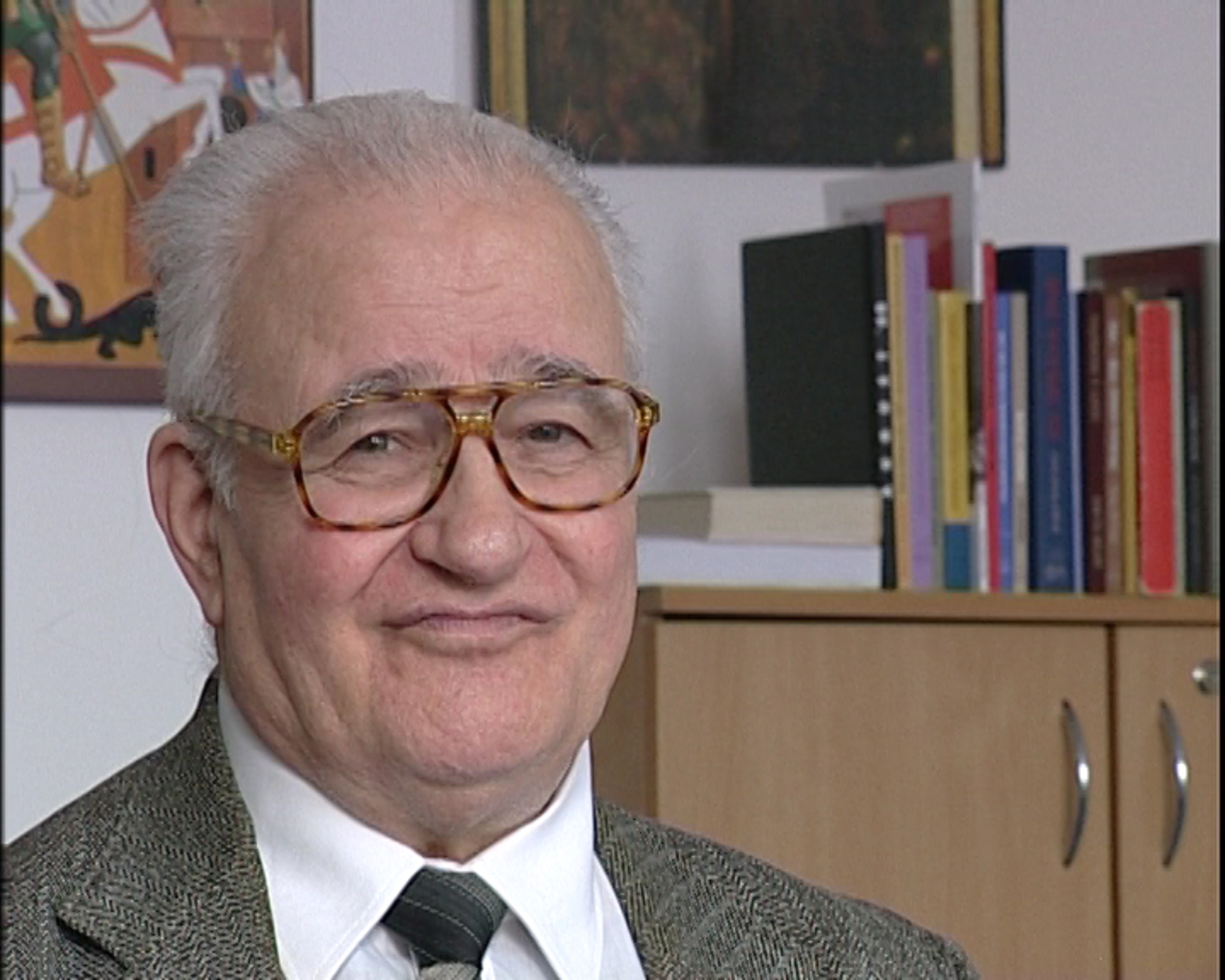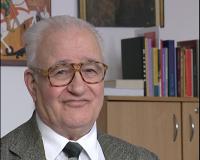Only really hard work made me keep afloat
František Kľuska was born on March 3, 1928 into a poor peasant’s family. His strongly positive attitude to the nature of mountainous Orava, difficult living conditions and particularly his family circumstances has shaped his character since his early childhood. Despite the financial problems, he pursued his studies at the grammar school, where he managed to get not only social, but also merit scholarship as he was an excellent student. However, the most difficult time for František and his family came after the year 1948, when the collectivization started, which he considers to be a crime committed on peasants. František, who was at that time a theology student in Spiš diocese, perceived suppression of a religious freedom by the communist regime very sensitively. In 1950 he had to join the Auxiliary Technical Battalion in Komárno, where he experienced a really strict regime. He used to work for more than nine hours a day, but at the anniversaries of the Victorious February, the October Revolution, and May 1, they had to work even longer. They hardly ever had a day off; however, even on those days they had to be present at various trainings and competitions. After being released from the Auxiliary Technical Battalion, František tried to enrol at the university to study psychology, but he wasn’t accepted. After several attempts, he finally managed to fulfil his dream about a university education, even though in his quest of a diploma he had to overcome many difficulties. Shortly before the finals, he was dismissed from the faculty of mathematics and physics. At that time a chairman of the Strana Slobody (Freedom Party) helped him, so finally he was allowed to do the final state examination before Christmas. Despite the excellent results, finding a job was a serious problem for František, but a stroke of luck helped him again and he met an old acquaintance, who was a head of the school committee in Bratislava. Then, František started working as a substitute teacher. Several years later he finally got favourable personal evaluation, which enabled him to gain a post of a researcher at the first computing centre of the Slovak Technical University in Bratislava. Based on his professional results he became a secretary of a school rationalization commission for all faculties and also was an important player within the ROH (Revolutionary Trade Union Movement), where he served as a head of the department of labour initiative. All the obstacles placed in his way by the communist regime made him even stronger. František welcomed the Velvet Revolution in 1989 with high expectations; however, they never came true. He thinks that freedom, which we have these days, was compensated with a great effort, great sacrifices, and with a lot of imprisoned people.

